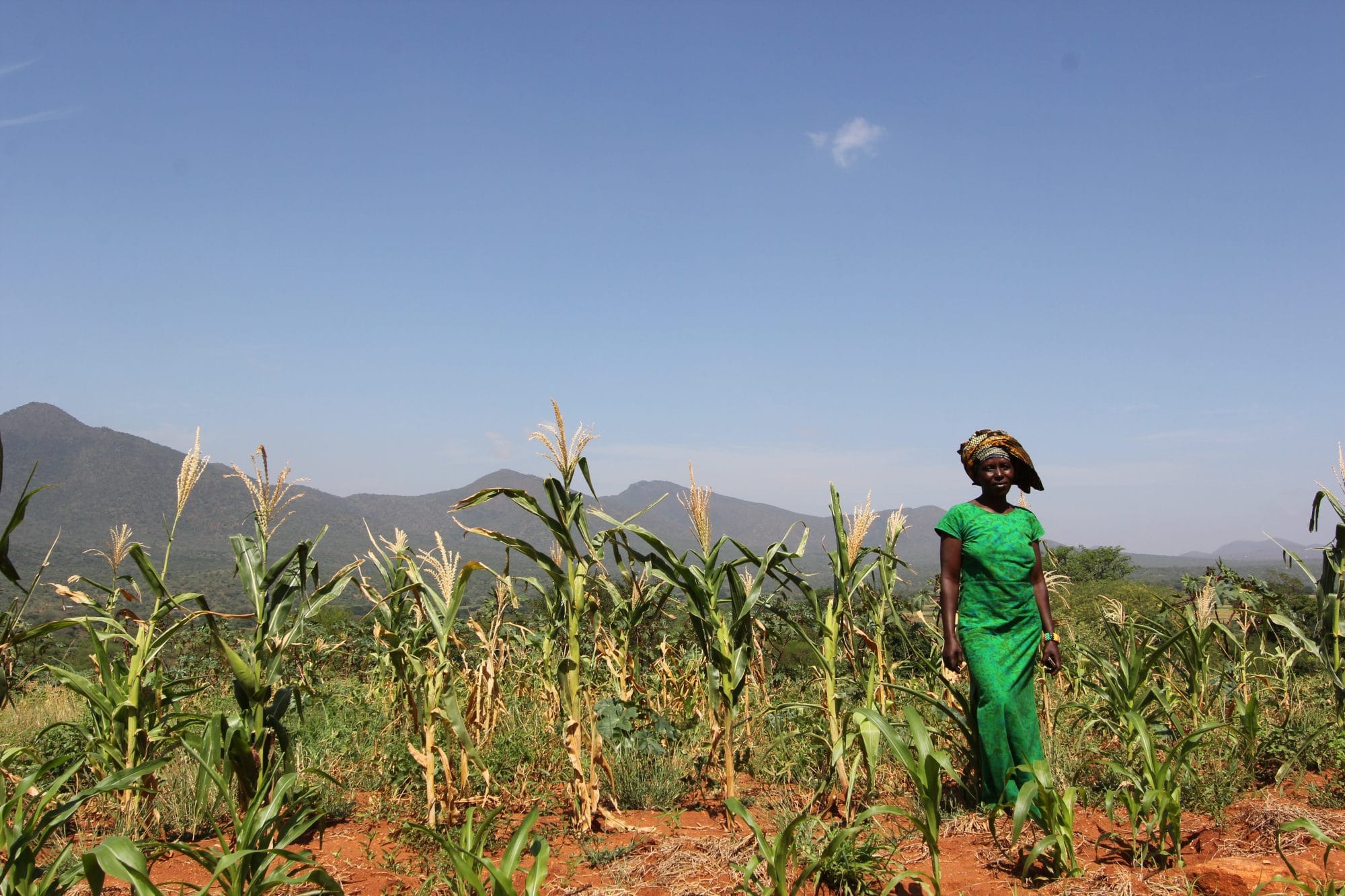ASAP Gender Assessment and Learning Review
Adaptation in Smallholder Agriculture Program (ASAP) Gender Assessment and Learning Review
This report presents the findings and recommendations from a gender assessment and learning review of IFAD’s Adaptation in Smallholder Agriculture Programme (ASAP). This review is a reality-check into how ASAP-supported projects are translating project design commitments to gender equality and women’s empowerment into implementation practice. It is intended to provide reflections on how implementation practice is likely to contribute to outcomes for gender equality and women’s empowerment
This gender assessment and learning review creates an opportunity to understand to what extent commitments to mainstreaming approaches to gender equality and women’s empowerment (GEWE) that are captured in project design are then being acted upon during project inception, start-up, and initial implementation.
The purpose of this study is to understand how this translation from design to implementation is happening in practice, and to generate insights and lessons from some of the ASAP-supported projects on the different barriers, opportunities, and experiences with regard to gender-mainstreaming and women’s empowerment.
This gender assessment focused on eight projects co-funded by the Adaptation for Smallholder Agriculture Programme (ASAP) in Bangladesh, Cambodia, Ghana, Mali, Mozambique, Rwanda, Uganda, and Vietnam. The assessment and learning review provides lessons learned after three years of ASAP operation. The conclusions from this study are used to generate overall recommendations on how to strengthen gender equality and women’s empowerment in future phases of ASAP, as well as specific recommendations for specific country projects.
This report was written in collaboration with IFAD, CARE and CCAFS.
